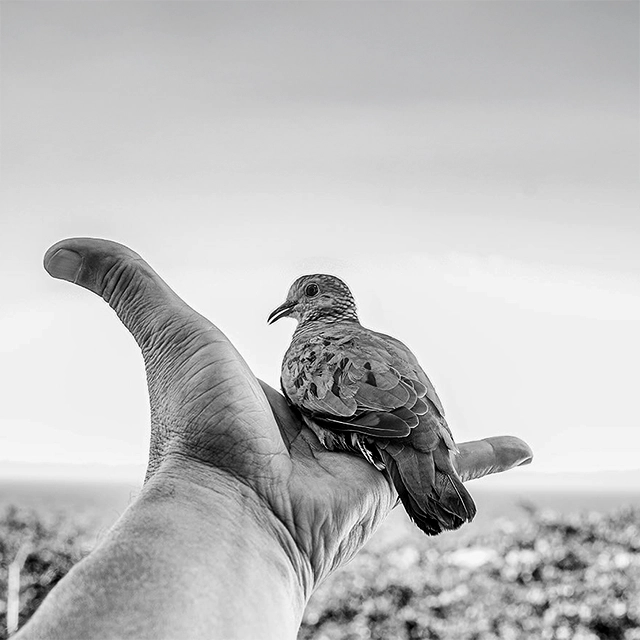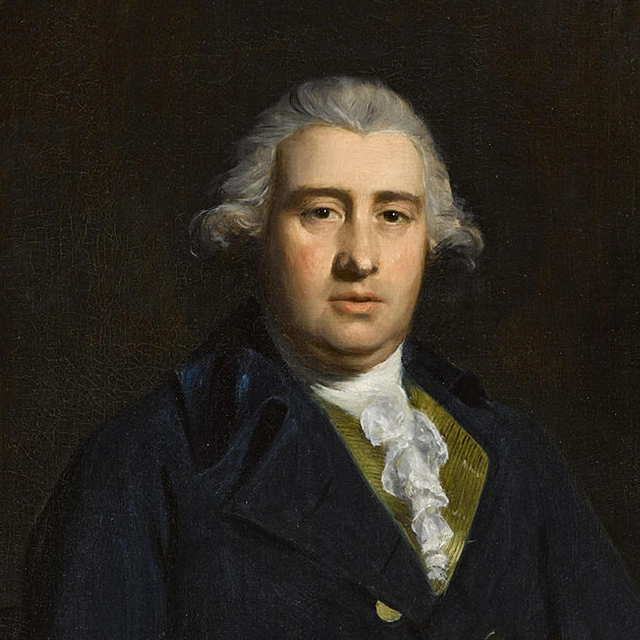
THE
ANNEX
NEWS





Also featuring the Work of Bob Bloom
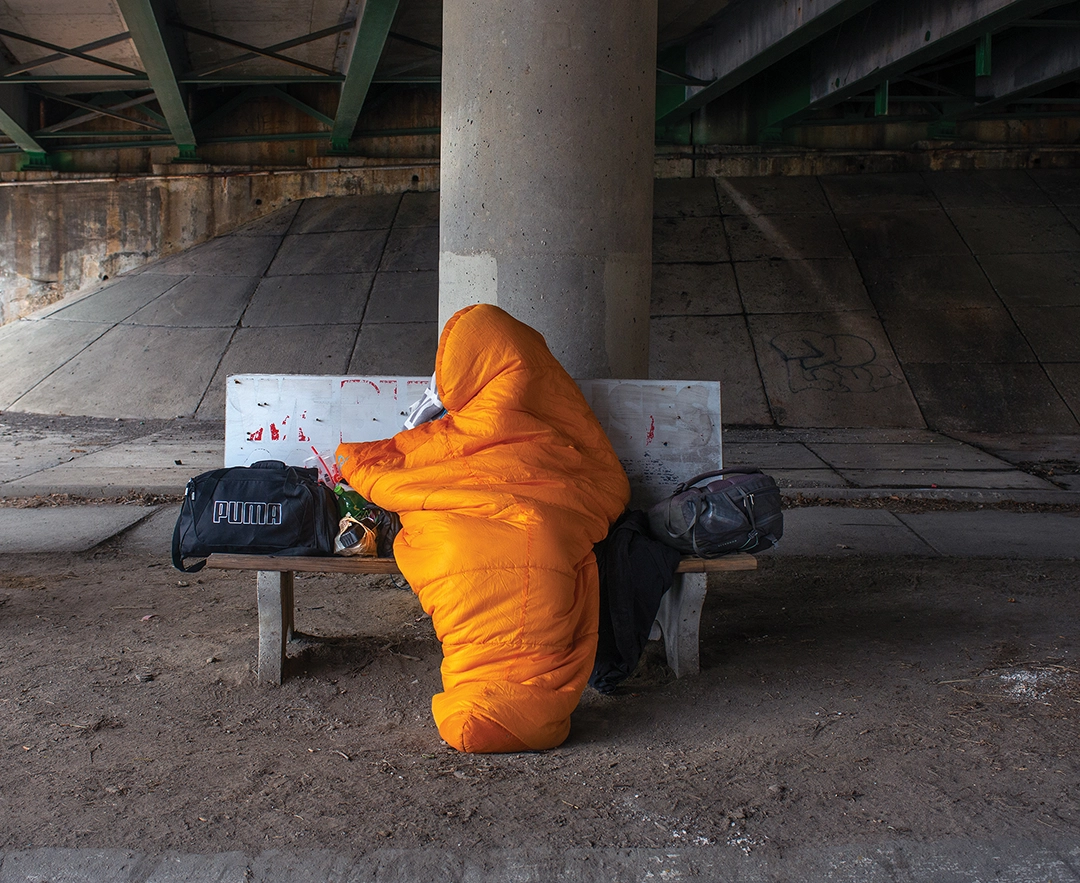
What We Inherit offers an extended and complex gaze into the persistence of poverty across a specific region of the United States —Southern Ohio, West Virginia, Kentucky, and Indiana— spanning more than a century. Compiled and edited by Robert Flischel, the project brings together archival and contemporary photographs to construct a visual narrative of material conditions, domestic environments, and gestures of endurance passed from one generation to the next.
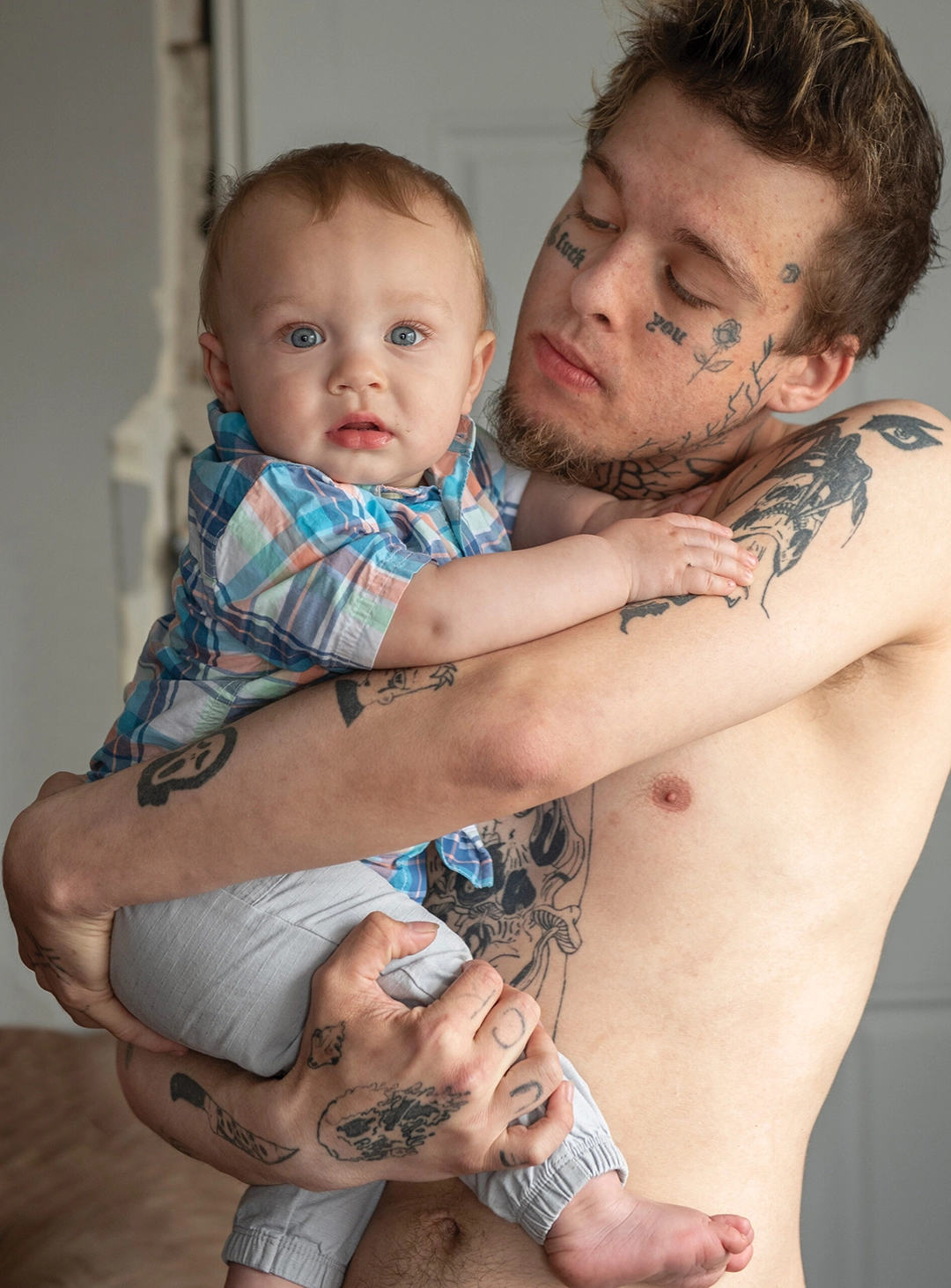
What We Inherit
Documenting Poverty in Ohio, West Virginia, Kentucky & Indiana 1900-2023
Editor, Robert A. Flischel, Text, Mike Kramer
Design, Craig Ramsdale, Amy Dagilis & Julie Courtney
With Essays by Lafcadio Hearne

FOTOFOCUS Partnership
This Book and Exhibition will explore this regions’ long struggle with systemic and generational poverty.
The impact of disease, addiction, economic turmoil, environmental disaster, family disintegration and cultural conflict will be examined by 27 photographers over the past 125 years.
Also Featuring the Work of Bob Bloom
OPENING RECEPTION
Sunday, October 22nd, 1:00 - 4:00 PM
Refreshments, Brief Artist Talk & Book Sale
The Annex Gallery, 1310 Pendleton Street, Cincinnati Ohio
Wednesday-Saturday, 12PM-5PM 513 407 7077
Exhibit Runs from OCTOBER 22, 2023 - APRIL 29, 2023
THE PHOTOGRAPHERS
Helen Adams
Stephen Albert
Gordon Baer
Nathaniel Bailey
Amanda Cawdrey
John Dominis
Walker Evans
Lukas Flippo
Robert Flischel
Melvin Grier
Lewis Wickes Hine
Theodor Jung
Michael Keating
Russell Lee
Carl Mydans
Danny Ransohoff
Jens Rosenkrantz
Ben Shahn
Arthur Siegel
Brad Austin Smith
Pat Timm
John Vachon
Edward Weston
Michael Wilson
Marion Post Wolcott
James Year
Maureen France
Mike Morgan
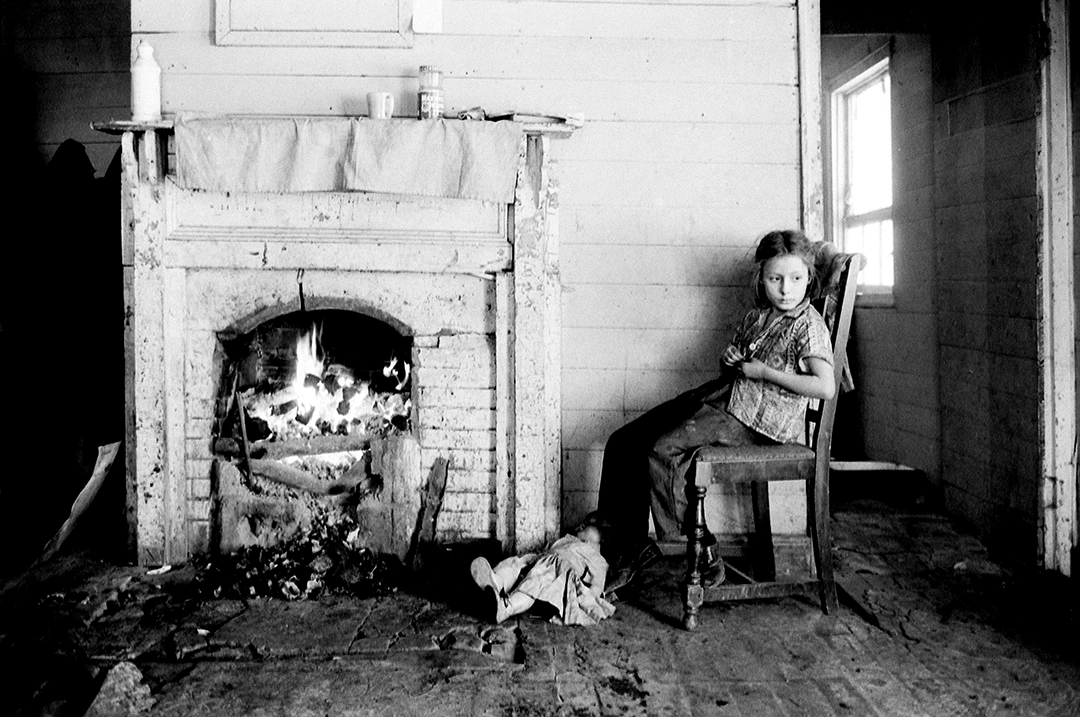
What We Inherit offers an extended and complex gaze into the persistence of poverty across a specific region of the United States —Southern Ohio, West Virginia, Kentucky, and Indiana— spanning more than a century. Compiled and edited by Robert Flischel, the project brings together archival and contemporary photographs to construct a visual narrative of material conditions, domestic environments, and gestures of endurance passed from one generation to the next.
Far from a merely documentary record, the exhibition unfolds as a reflection on the social and emotional inheritance of inequality. Each image, in its apparent stillness, reveals the mechanisms through which a society naturalizes exclusion and turns it into scenery. Flischel’s gaze is not accusatory or sentimental; it is patient and humane, attuned to the quiet dignity of those who live on the margins of what is often called the American Dream.
The exhibition is organized into three major sections —Home, Daily Life, and The Working Poor— that explore the various spaces where precarious life takes form: households, routines, labor. Within each axis, chapters open thematic microcosms —from housing and education to leisure and mourning— where photography acts as a lucid witness of time.
In this sense, What We Inherit functions as an ethical archive: a visual reconstruction of what official narratives tend to omit. The images, accompanied by fragments of text and historical records, trace a continuity that challenges the notion of progress as linear improvement. Flischel shows that poverty does not disappear; it mutates, it changes its surface, but it preserves the same faces of fatigue and resilience.
The project belongs to the tradition of social and documentary photography, yet it transcends it by proposing a reading of the present through the lens of memory. The temporal leap between a photograph from 1938 and one taken in 2022 is not nostalgic—it is evidentiary. It demonstrates the endurance of a collective pain that survives the passage of years and the shifting of policies.
At the same time, the images reveal a crucial counterpoint: the human capacity to preserve joy, affection, and hope amid adversity. There are smiles, games, gestures of tenderness. That tension between fragility and strength grants the body of work its ethical and poetic power.
More than an inventory of suffering, What We Inherit stands as a call to awareness. Flischel reminds us that a society’s deepest inheritance is not measured by its monuments, but by the way it looks—or refuses to look—at those left behind. In that shared gaze lies the possibility of a different future.
Hours
Wed to Sat 12.00 to 5.00 PM
1310 Pendleton Street Cincinnati, OH
(513 407-7077)




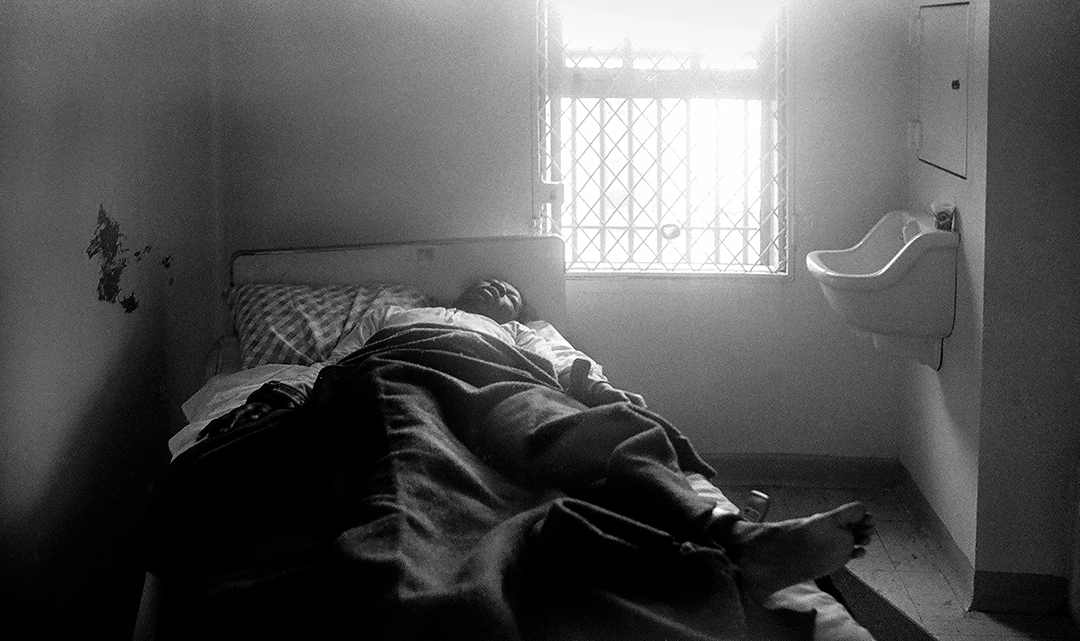
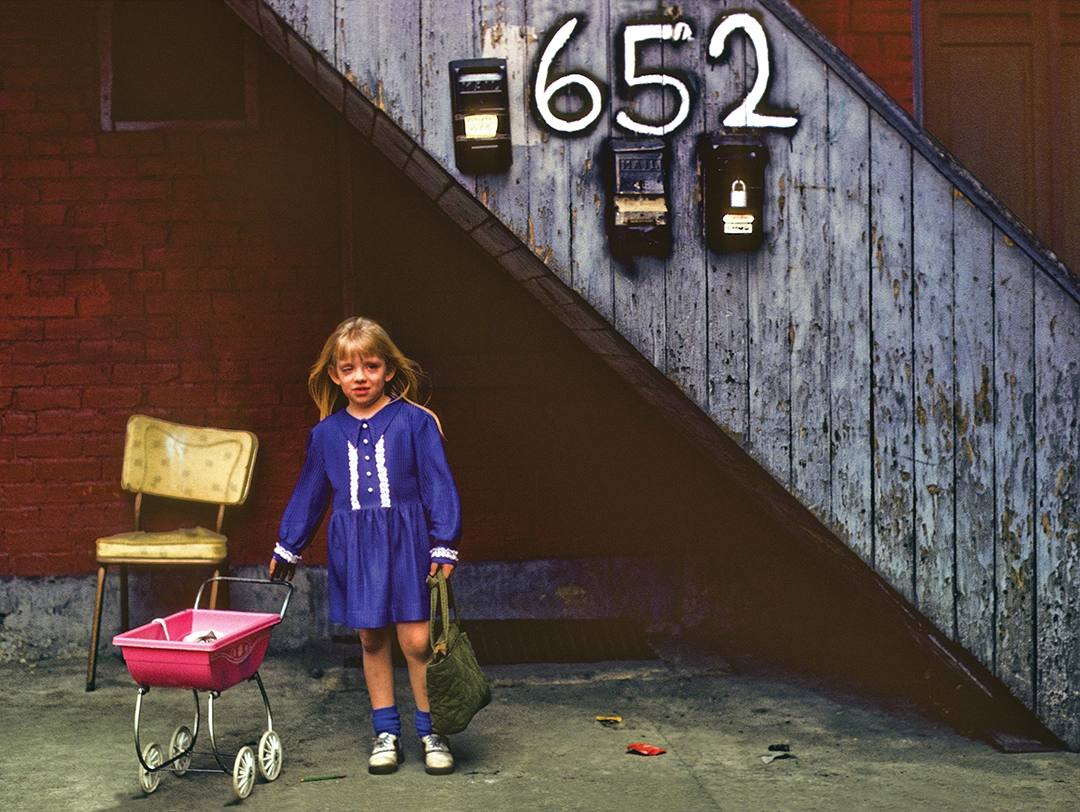
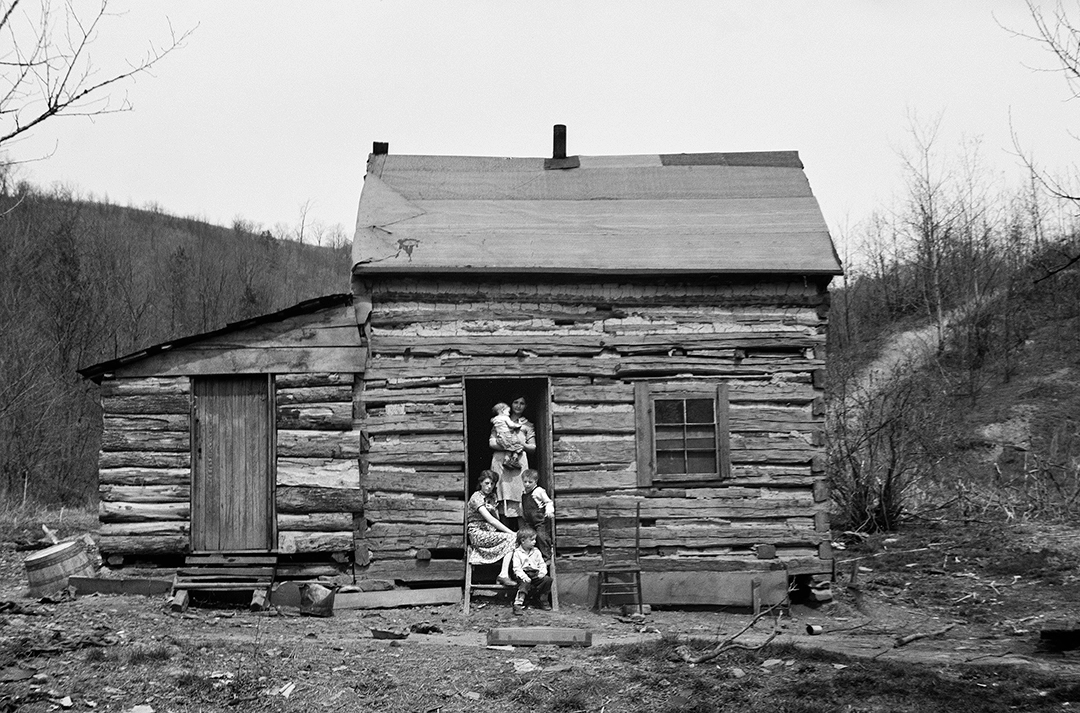
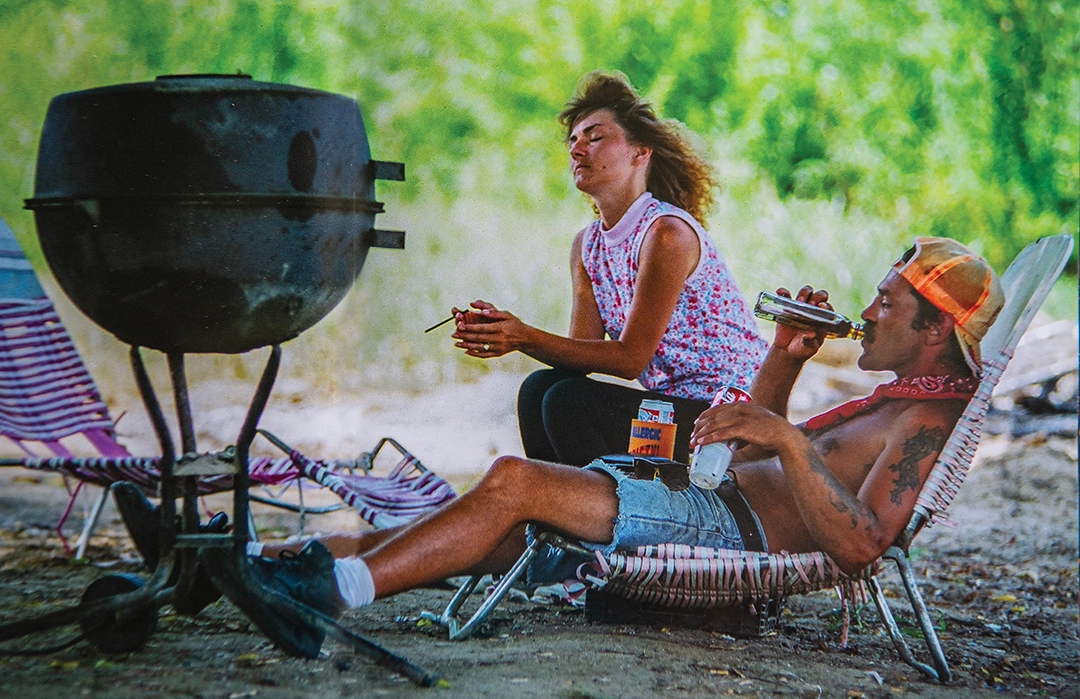
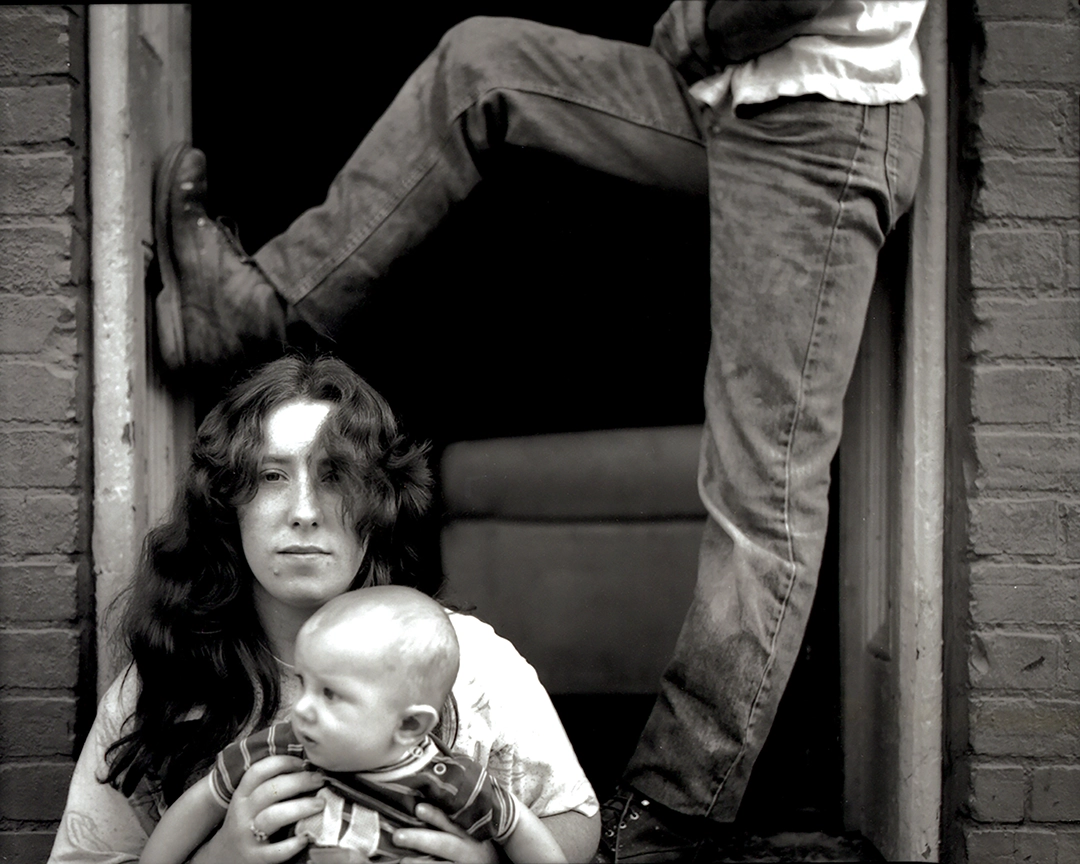
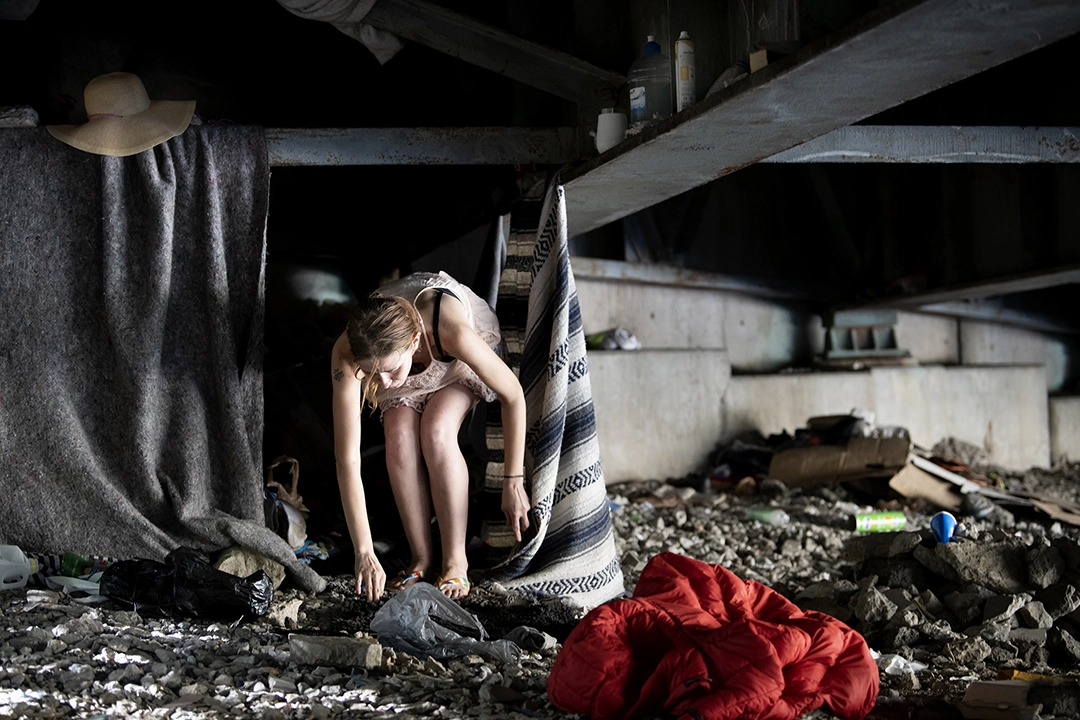


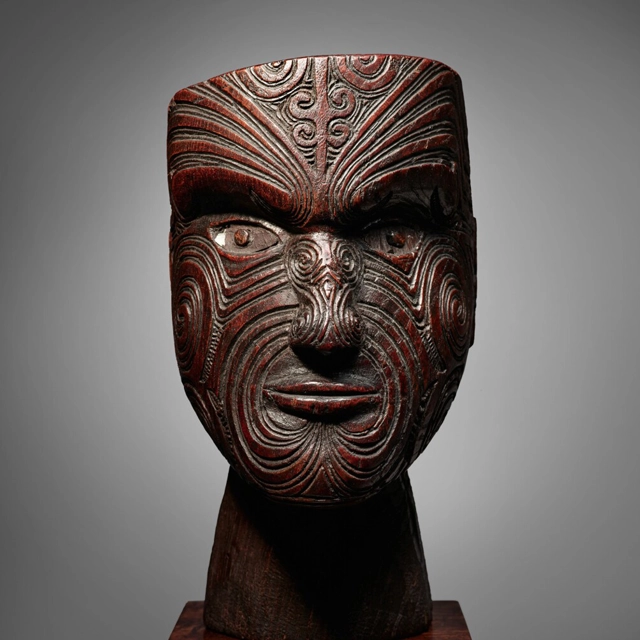
It is generally understood that national museums ought to be the natural custodians of their cultural memory. Spaces where the history of national art is presented in an ordered and intelligible form. Where foundational images can still be contemplated. Yet, primarily for reasons of funding, an increasing number of state institutions...
